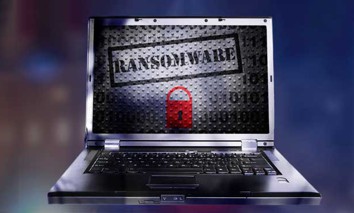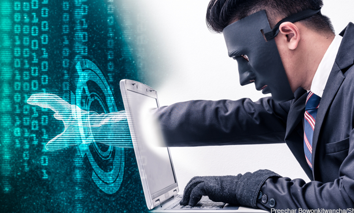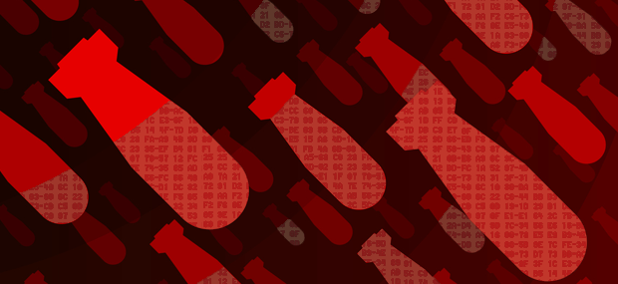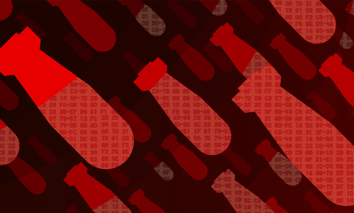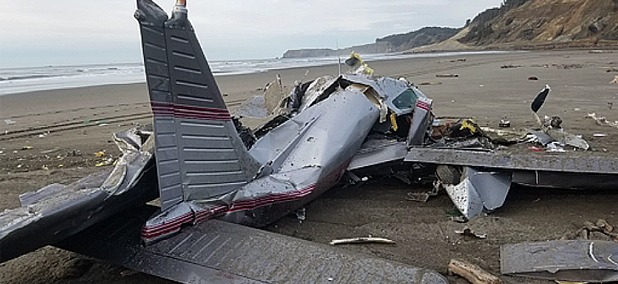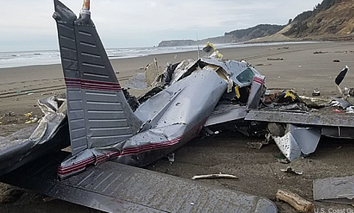Author Archive
Scott Shackelford
Scott Shackelford is an associate professor of business law and ethics, director of the Ostrom Workshop Program on Cybersecurity and Internet Governance and cybersecurity program chair at Indiana University at Bloomington.
Cybersecurity
Colonial Pipeline forked over $4.4M to end cyberattack -- but is paying a ransom ever the ethical thing to do?
While law enforcement agencies encourage victims not to pay off attackers, paying ransom is not illegal, and even police departments have been known to pay up when their systems have been compromised.
- By Megan Wade and Scott Shackelford
Cybersecurity
Zero-trust security: Assume that everyone and everything on the internet is out to get you -- and maybe already has
If zero-trust security were widespread, the ransomware epidemic would be much less biting.
- By Scott Shackelford
Cybersecurity
The FBI is breaking into corporate computers to remove malicious code – smart cyber defense or government overreach?
To contain the continuing attacks on corporate networks running Microsoft Exchange software, the FBI remotely accessed victims’ systems and deleted the hacker-installed web shell.
- By Scott Shackelford
Cybersecurity
How tech firms have tried to stop disinformation and voter intimidation – and come up short
Companies like Twitter, Facebook and Google must do more to rein in disinformation, digital repression and voter suppression on their platforms.
- By Scott Shackelford
Cybersecurity
Deal with ransomware the way police deal with hostage situations
Negotiating with hackers may help victims lower ransom payments and recover data less expensively.
- By Scott Shackelford and Megan Wade
Cybersecurity
US could learn how to improve election protection from other nations
The problem is of protecting democracy and securing voting machines is global, and would benefit from an internationally coordinated solution among both advanced and emerging democracies.
- By Scott Shackelford
Infrastructure
5 milestones that created the internet, 50 years after the first network message
Fifty years ago, a UCLA computer science professor and his student sent the first message over the predecessor to the internet, a network called ARPANET.
- By Scott Shackelford
Digital Government
US takes tentative steps toward opening up government data
The federal government would benefit from considering lessons learned from open government activities in other countries and at state and local levels.
- By Scott Shackelford, Beth Cate and Anjanette Raymond
Cybersecurity
How far should organizations be able to go to defend against cyberattacks?
Public- and private-sector leaders are starting to think about stepping up their defensive activities, by taking more active measures, including "hacking back."
- By Scott Shackelford
Cybersecurity
30 years ago, the world’s first cyberattack set the stage for modern cybersecurity challenges
The Morris worm set the stage for the crucial, and potentially devastating, vulnerabilities in what has been called the coming internet of everything.
- By Scott Shackelford
Cybersecurity
How airplane crash investigations can improve cybersecurity
The information industry should take a page from aviation and create a cybersecurity safety board.
- By Scott Shackelford
Cybersecurity
Guarding against the possible Spectre in every machine
As companies and government agencies explore ways to ensure that items are manufactured, assembled, shipped and delivered reliably and without tampering, they're building robust blockchain-based systems that can help track and secure hardware.
- By Scott Shackelford
Cybersecurity
Is it time for a Cyber Peace Corps?
A Cyber Corps would not just help protect systems at home and around the world, it would also help train the next generation of cybersecurity professionals.
- By Scott Shackelford










